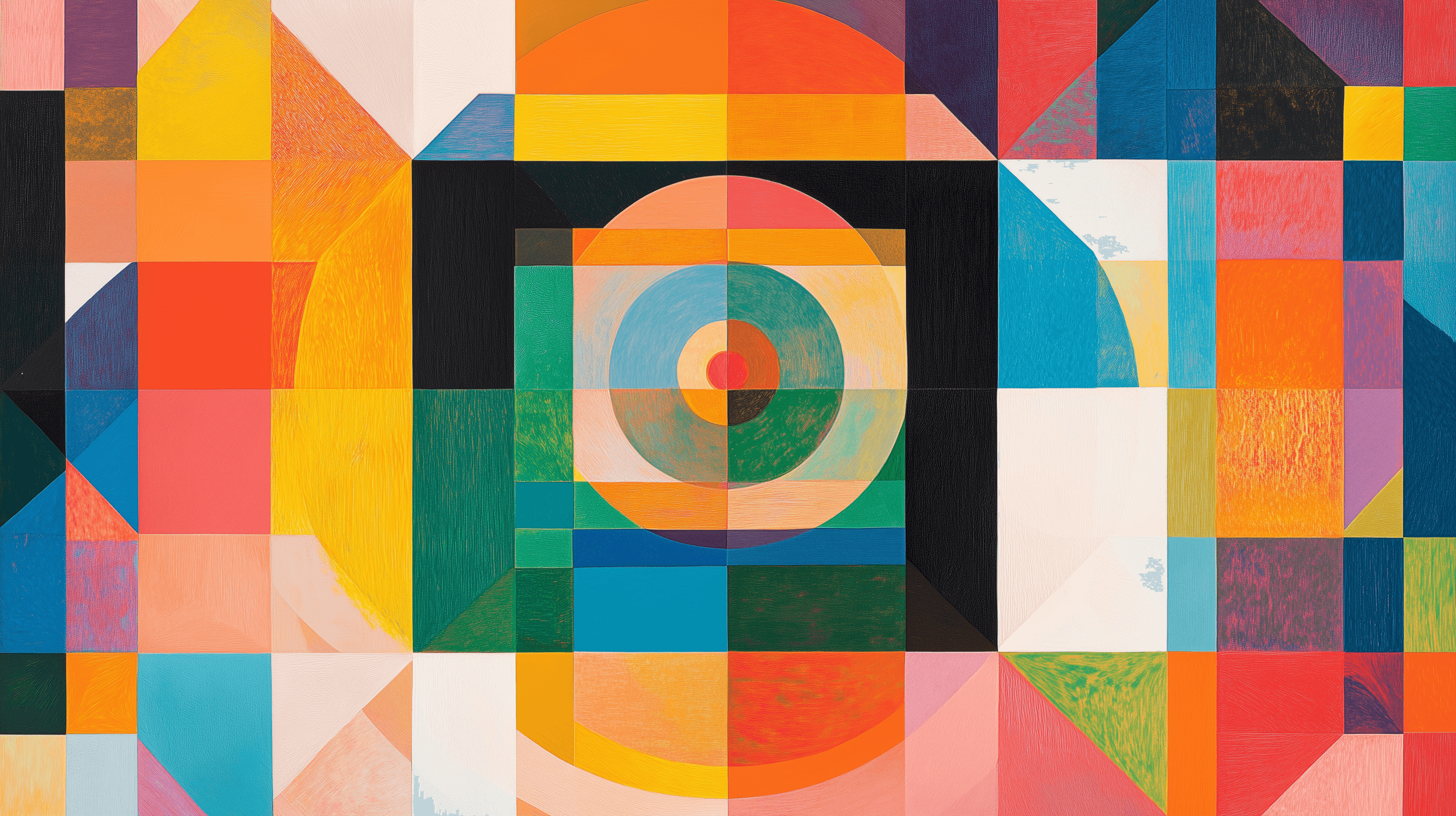Every designer dreams of perfect conditions - unlimited time, bottomless budgets, and complete creative freedom. But some understand a counterintuitive truth: some of the most innovative products emerge from tight constraints.
The Power of Less
Consider the remarkable story of Native American jewelry makers during the Great Depression. When they couldn't access traditional materials like coral and obsidian, they transformed melted phonograph records into stunning black elements for their necklaces
This resourcefulness didn't diminish their art - it enhanced it, creating unique pieces that demonstrated how constraints can spark extraordinary creativity.
The Triangle of Truth
Time. Money. Quality.
These three factors form an unbreakable relationship in product development. You can optimize for any two, but never all three simultaneously. What's fascinating is how this limitation doesn't restrict creativity - it enhances it.
Why Constraints Create Magic
When resources are limited, something remarkable happens. Teams become more methodical about analyzing problems. They focus intensely on what truly matters. Instead of chasing every possible feature, they're forced to make strategic choices about where to invest their energy
The Innovation Catalyst
Constraints push us to:
- Focus on core user needs
- Find creative workarounds
- Make decisive trade-offs
- Discover unexpected solutions
The Art of Choosing Constraints
The most successful products often come from teams who actively embrace their limitations rather than fight them. Research across 145 empirical studies shows that individuals, teams, and organizations actually benefit from a healthy dose of constraints
A Better Way of Thinking
Here's the paradigm shift: Constraints aren't walls that box us in - they're foundations that support innovation. When we have too few constraints, teams often spin in circles, unable to make decisions. But with the right constraints, creativity flourishes
The Builder's Choice
So next time you're starting a project, don't wish for unlimited resources. Instead, choose your constraints wisely:
- Which timeline serves your users best?
- What quality level matches your goals?
- How can your budget limitations spark creativity?
Great products don't come from having everything - they come from making smart choices about what really matters. The magic isn't in having no limitations; it's in turning those limitations into advantages because sometimes, the tighter the space we have to work in, the more remarkable the solutions we discover.
